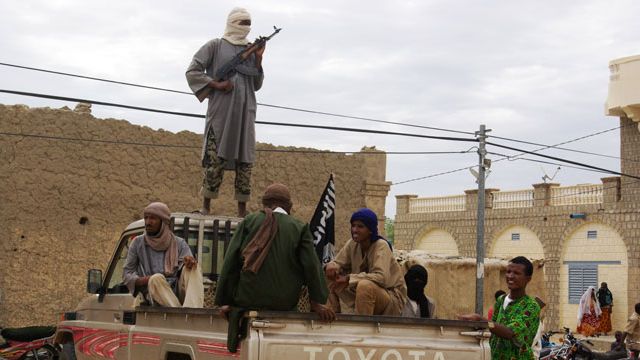By Ryan Aliman
Impunity Watch Reporter, Africa
PRETORIA, South Africa – On Monday, the police admitted that they may have been at fault in the August 16 shooting involving strikers who worked for a mine owned by the platinum giant Lonmin in the Marikana area.

In a statement issued during a public inquiry, the South African Police Service (SAPS) said that some of its officers either overreacted or mistakenly shot at protesters in response to “friendly-fire”.
“The response of some police officers may have been disproportionate to the danger they faced from the group of more than 200 armed protesters,” the opening statement read. “The police officers are prepared to accept that they may have been responding to ‘friendly fire’, believing it to be fire from the protesters,” it added.
The SAPS statement was delivered by the SAPS lawyer, Ishmael Semenya, to a commission examining the evidence surrounding the events of what is now dubbed as “the Marikana massacre”. The commission, headed by Judge Ian Farlam, is currently investigating the role of the SAPS, along with trade unions and Lonmin authorities, in the incident.
Described by the South African media as the single most lethal use of force by South African security forces against civilians since 1960 and the end of the apartheid era, the August 16 shooting resulted in the death of 36 miners, 2 police officers, 4 other unidentified persons and the injury of 78 other workers and police.
The SAPS also admitted that the number of police officers deployed at Marikana was “insufficient” to control the crowd of approximately 3000 angry miners, many brandishing traditional weapons, machetes and sticks as they protested for higher pay. Semenya insisted, however, that the police officers merely acted in self-defense when “the situation got out of control”. “The use of lethal force was the last possible resort. There was no murderous intent from the part of the police service,” he told the commission.
Dumisa Ntebeza, the lawyer for the victims’ families, refuted Semenya’s statement by contending that “no less than 14 of the striking miners were shot from behind, many in the back or in the back of the head.” “This evidence, which we understand is unlikely to be contradicted, is wholly inconsistent with the claims of necessity that the SAPS will advance,” Ntebeza asserted.
Meanwhile, on Tuesday, a crime scene technician admitted that the SAPS may have lost some of the evidence collected from the scene. He admitted that the police may have missed some cartridges and bullets, adding that the SAPS has yet to finalize its ballistic reports.
For further information, please see:
AFP – S. Africa police admit possible mistakes in Marikana deaths – 23 October 2012
Mail and Guardian – Cop admits some evidence from Marikana shooting may be lost – 23 October 2012
Al Jazeera – Police admit ‘overreacting’ at Marikana – 22 October 2012
Business Day Live – Marikana: ‘No murderous intent’ on part of police – 22 October 2012
SABC News – Marikana Mineworkers were Shot in the Back – 22 October 2012
The Telegraph – Marikana massacre ‘could have been avoided’ – 22 October 2012



